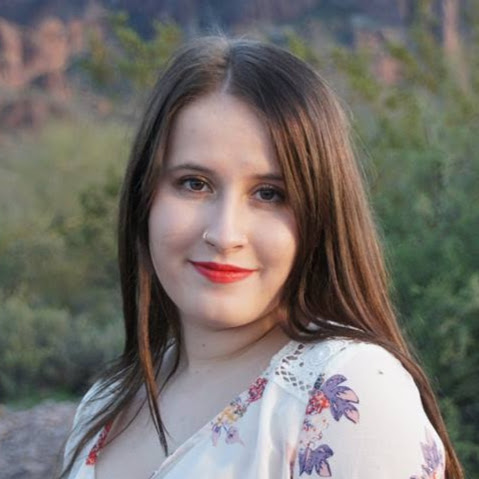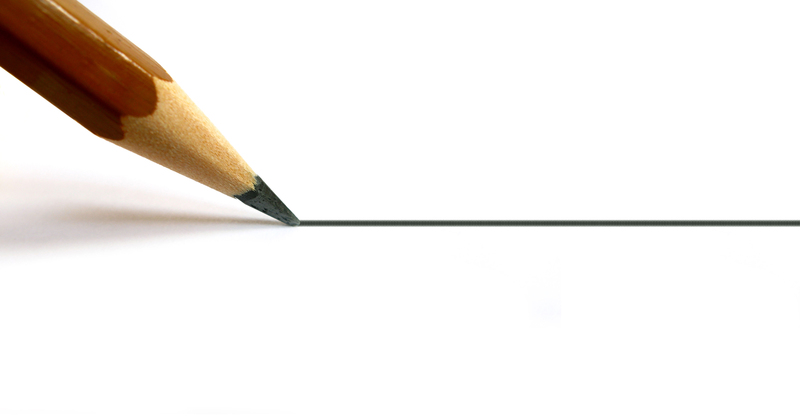 “Human beings are not born once and for all on the day their mothers give birth to them, but that life obliges them over and over again to give birth to themselves.” – Gabriel García Márquez
“Human beings are not born once and for all on the day their mothers give birth to them, but that life obliges them over and over again to give birth to themselves.” – Gabriel García Márquez
In about two months, I will have been graduated from college for a full year. Really, a year is not a terribly long amount of time. So why does this feel so monumental?
For me, graduation was but a momentary emotional catharsis that lasted long enough for me to feel somewhat relieved until my panic set in. Of course, I worried about the things most graduates do, like finances and the job market and whether or not it was a good idea to get two Liberal Arts degrees in this economy. However, the majority of my distress came from not knowing what my next step was or, really, who I was outside of being a student.
For seventeen years, my identity was wrapped up in being a student. Throughout junior high and high school, I was an honors/AP kid—I spent every waking hour at school or at home doing school work. When I graduated high school, I dove headfirst in college because I knew it was what I was supposed to do, and I believe it’s what I wanted to do too. Throughout undergrad, I felt like the natural next step for me was graduate school. Yet, as I was reviewing universities and degree programs, I came to the realization that I had absolutely no idea what I wanted to do outside of going to school.
I weighed my options. I could see myself doing a variety of things, and yet, I felt no pull towards any particular direction. This isn’t to say that I was lacking in passion or motivation, but that, when it came down to it, I was so unsure of what was the right path to take. Pursuing one direction would mean sacrificing another, and I wasn’t ready to do that, even after four whole years of undergrad. So, feeling like a failure, I decided to put off graduate school indefinitely and set a goal to “find myself” first. Sounds simple, right?
The unfortunate truth is that finding yourself is nowhere near easy. Identity itself is complicated. We all have a general sense of who we are, but how much do we really know about ourselves outside of a certain context? Where does identity begin and end? Can you really just leave one identity and enter another?
The answer to the latter question, I think, is no. But maybe the problem here is that we are expected to do just that. Maybe the reason that me and many, many others feel so lost after graduation is that we’re expected to walk off the stage and into our new selves. There’s so much pressure on millennials to be self-assured and immediately successful as soon as they grab that faux diploma. Yet, that pressure won’t facilitate any meaningful growth.
This pressure can make us lose sight of who we are and what we truly want. School is all consuming, and once it’s over, it really does feel as if we are left with no real identity and maybe, if you are like me, no plan for the future. However, a year into this madness, I feel as if that’s more of a blessing than a curse.
Discovering who you are and what you want isn’t a glowy, carefree experience—it’s grueling. There’s so much you have to learn through trial and error, through making decisions that turn out to be mistakes and by making mistakes that turn out to be great decisions. It’s not a particularly fast process, either, but it is rewarding. Since graduation, I’ve moved into my own apartment, started a new job as an automotive copywriter, adopted a second dog and discovered a multitude of interests and disinterests. All of these things, as mundane as they can sometimes be, have contributed to me developing a better sense of self.
So whether you are newly graduated, or it’s just over the horizon, and you are feeling lost and frustrated, know that you aren’t alone. It’s perfectly normal to feel off kilter for a while. However, you now have so much time—so, so, so much time—to figure it all out.
